
By 1943, the Allies were entering what Winston Churchill referred to as the “perhaps, the end of the beginning” of the Second World War. Axis forces had finally been driven out of North Africa and Allied commanders turned their attention to the wider strategy in the Mediterranean. With the Soviet Union fighting a brutal war against the Nazis on the Eastern Front, the Western Allies were expected to open a second front in Europe. The question was: where?
It was Churchill who advocated an invasion of Italy. Famously referring to the then-fascist country as the “soft underbelly of Europe”, the British prime minister believed that knocking Italy out of the war had several benefits. Neutral Turkey could potentially join the Allies and Italy would be a useful springboard for Allied invasions into Austria and Germany. At worst, an Italian campaign would divert precious Axis resources away from the Eastern Front.
Although Churchill was enthusiastic about Italy, the United States was not. The Americans wanted to pour their European war resources into an invasion of northern France, which eventually became Operation Overlord. However, they did agree to invade Italy alongside their British partners with the first target being the country’s most southerly region: Sicily.
Codenamed Operation Husky, the island invasion of Sicily was critical to a future assault on the Italian mainland. Using hundreds of thousands of troops, Husky was actually the largest Allied amphibious invasion of the war. It was also innovative, with the Allies launching large airborne operations for the first time and successfully deploying pioneering landing craft. However, despite their numerical and technological advantage, the Allies met larger than expected resistance and argued among themselves. The “soft underbelly” turned out to be not so soft after all.
この記事は History of War の Issue 121 版に掲載されています。
7 日間の Magzter GOLD 無料トライアルを開始して、何千もの厳選されたプレミアム ストーリー、9,000 以上の雑誌や新聞にアクセスしてください。
すでに購読者です ? サインイン
この記事は History of War の Issue 121 版に掲載されています。
7 日間の Magzter GOLD 無料トライアルを開始して、何千もの厳選されたプレミアム ストーリー、9,000 以上の雑誌や新聞にアクセスしてください。
すでに購読者です? サインイン
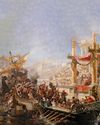
NAUMACHIA TRUTH BEHIND ROME'S GLADIATOR SEA BATTLES
In their quest for evermore novel and bloody entertainment, the Romans staged enormous naval fights on artificial lakes
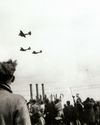
OPERATION MANNA
In late April 1945, millions of Dutch civilians were starving as Nazi retribution for the failed Operation Market Garden cut off supplies. eet as In response, Allied bombers launched a risky mission to air-drop food
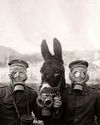
GASSING HITLER
Just a month before the end of WWI, the future Fuhrer was blinded by a British shell and invalided away from the frontline. Over a century later, has the artillery brigade that launched the fateful attack finally been identified?
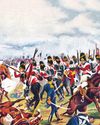
SALAMANCA
After years of largely defensive campaigning, Lieutenant General Arthur Wellesley went on the offensive against a French invasion of Andalusia
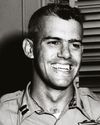
HUMBERT 'ROCKY'VERSACE
Early in the Vietnam War, a dedicated US Special Forces officer defied his merciless Viet Cong captors and inspired his fellow POWs to survive
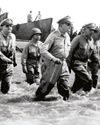
LEYTE 1944 SINKING THE RISING SUN
One of the more difficult island campaigns in WWII's Pacific Theatre saw a brutal months-long fight that exhausted Japan’s military strength
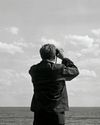
MAD DAWN
How technology transformed strategic thinking and military doctrine from the Cold War to the current day
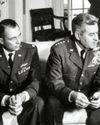
BRUSHES WITH ARMAGEDDON
Humanity came close to self-annihilation with the Cuban Missile Crisis, Broken Arrows’ and other nuclear near misses
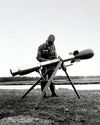
THE DEADLY RACE
How the road to peace led to an arms contest between the USA and USSR, with prototypes, proliferation and the world’s biggest bomb
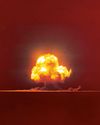
THE MANHATTAN PROJECT
Einstein, Oppenheimer and the race to beat Hitler to the bomb. How a science project in the desert helped win a war